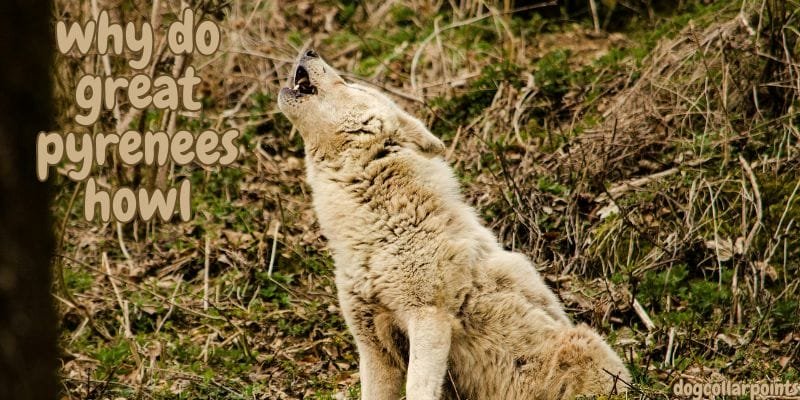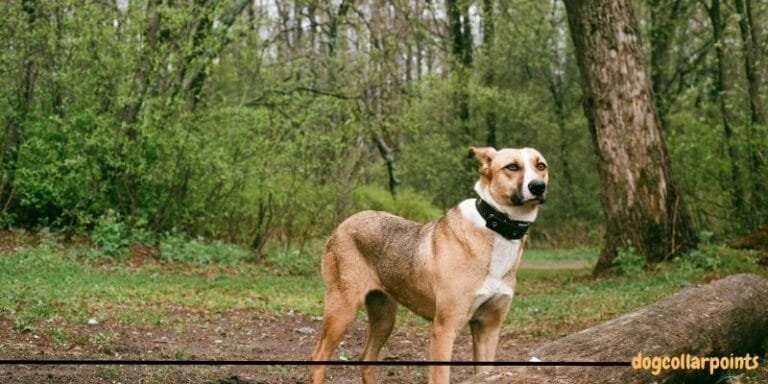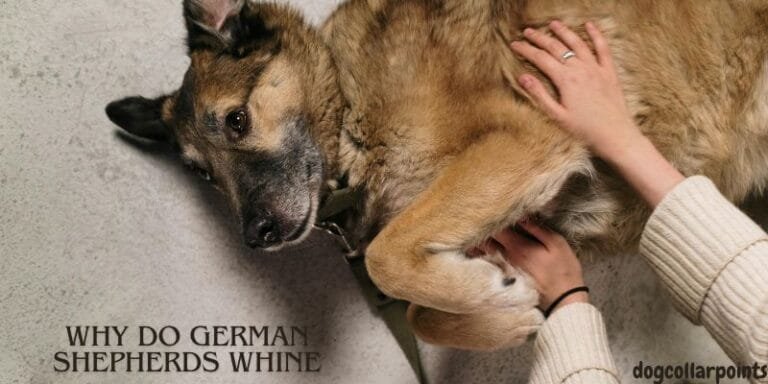Why Do Great Pyrenees Howl?

Great Pyrenees are majestic creatures with a rich history as noble guardians and herders in the foothills of the Pyrenees mountains. These gentle giants have a reputation for stoic silence, but every so often, their powerful vocals can pierce the calm with a haunting howl. If you’ve welcomed one of these magnificent animals into your home, you might have wondered at their tendencies to use their voice in this unique way.
In this blog post, we’ll explore the many reasons behind the Great Pyrenees howl and discuss what you, as a responsible owner, can do about it.
Understanding the Howl
The howling of a dog is often categorized as a form of vocal communication, akin to barking and whining. It can convey a wide range of emotions and needs, from boredom to loneliness, and can also serve as a territorial alert. The Great Pyrenees, being a breed with an instinctual drive to protect, may howl for specific reasons that are deeply ingrained in their nature.
An Ancient Instinct
The Great Pyrenees breed is ancient, with origins that can be traced back to over 10,000 years, to the Republican province of the Roman empire. Their traditional role as livestock guardians means that an innate need to alert their “flock” and fellow canines through howling is part of their DNA.
Forming a Bond
Because Great Pyrenees were developed to be independent decision-makers, they were often left alone with the flock. Their howls are a way to maintain contact with perceived family members and other dogs across vast distances, which was crucial for their historical tasks.
Asserting Territory
Howling also denotes a sense of territorial dominance. For the Great Pyrenees, guarding their boundaries, whether it’s the physical space of their home or the wider territory of their pasture, is a significant part of their identity. Howling serves as a clear auditory message to would-be intruders.
Coping with Changes
Like many dogs, Great Pyrenees may use howling as a way to cope with change or to address stress. This might be particularly evident during relocation, absence of a family member, or the addition of a new pet to the household.
Reacting to Sights and Sounds
Great Pyrenees are incredibly alert and responsive to any potential threat. In addition to their keen eyesight and sense of smell, they rely on their howl to give away the presence of any predator or stranger, especially during the night.
Boredom and Isolation
Isolation and boredom can lead to howling in any breed, but given the Great Pyrenees’ history of solitude with their flock, they can be particularly sensitive to the lack of companionship and mental stimulation.
Medical and Behavioral Factors
Sometimes, excessive howling can be a sign of an underlying medical issue, such as pain or anxiety. Addressing these factors is essential to ensuring your dog’s well-being and preventing any complications.
Environmental Cues
Environmental factors such as sirens, other dogs’ howls, or even a particular tune can trigger a howling episode in Great Pyrenees, as they respond to these sounds with their own vocalization.
What Should I Do About My Great Pyrenees Howling?
Understanding the root cause of your Great Pyrenees’ howling is the first step in managing this behavior. Here are several strategies you could consider:
Training and Socialization
Early obedience training and socialization can go a long way in preventing or managing your Great Pyrenees’ howling. Teaching the “quiet” command and exposing your dog to different people, animals, and environments can help them become confident and controlled in their vocal expressions.
Exercise and Stimulation
Making sure your dog gets plenty of exercise and mental stimulation can reduce howling out of boredom. Great Pyrenees were born to move and have a great capacity for work and exercise.
Ensuring Companionship
Since their breed thrives on companionship, providing another dog can mitigate isolation-related howling. However, introducing a new pet into your home is a significant decision and should be approached with caution.
Curbing Nighttime Howling
For those whose Great Pyrenees seem to howl more at night, establishing a consistent bedtime routine and using white noise machines to dampen external sounds can help. Ensuring their sleeping area is comfortable and secure can also provide peace of mind, and a dog tired from the day’s exercise is less likely to howl at night.
Seeking Professional Help
For more challenging cases, especially when the howling is excessive or linked to separation anxiety, seeking the advice of a certified dog behaviorist can be beneficial. Professional help can provide a tailored plan to address behavioral issues and help you better understand your dog’s individual needs.
Do the Great Pyrenees Howl More Than Other Large Dog Breeds?
The tendency to howl is not unique to the Great Pyrenees breed, but their historical role and unique needs might make their howling more pronounced. Other large breeds, such as the Bloodhound and the Siberian Husky, are also known to howl frequently. It is important to remember that each dog is an individual, and factors such as genetics, environment, and past experiences all play a role in shaping their behavior.
Conclusion | Why do Great Pyrenees howl
In conclusion, the Great Pyrenees breed has a rich history of using howling as an integral part of their communication and protection repertoire. Understanding the reasons behind their howling behavior can help responsible owners effectively manage it. Early training, proper exercise and stimulation, companionship, and seeking professional help when needed are all essential strategies for addressing excessive howling in Great Pyrenees. With patience, understanding, and proper care, owners can help their Great Pyrenees thrive while also embracing this unique aspect of their breed’s heritage.
Frequently Asked Questions (FAQs)
Why are Great Pyrenees so vocal?
Great Pyrenees were historically bred to be independent decision-makers and guardians, which often involved howling as a form of communication. This behavior is ingrained in their DNA, making them more vocal than other breeds.
What does it mean when your dog howls?
A dog’s howling can have various meanings, including asserting territory, coping with change or stress, reacting to sights and sounds, boredom or isolation, medical or behavioral issues, and environmental cues.
Are Great Pyrenees difficult dogs?
Great Pyrenees are known for their independent nature and protective instincts, which can make them challenging to train. However, with proper socialization and training from a young age, they can make excellent companions. So, it ultimately depends on the individual dog and the owner’s ability to provide consistent training and attention.






